She wiggles and giggles and waves and kicks, catching fingers and toes for chewing as they pass her angelic face. She delights in the perfection of herself and the perfection of being alive. There is nothing to improve. “Body image,” in the purity of her infancy, isn’t something to be learned, let alone grappled with or improved.
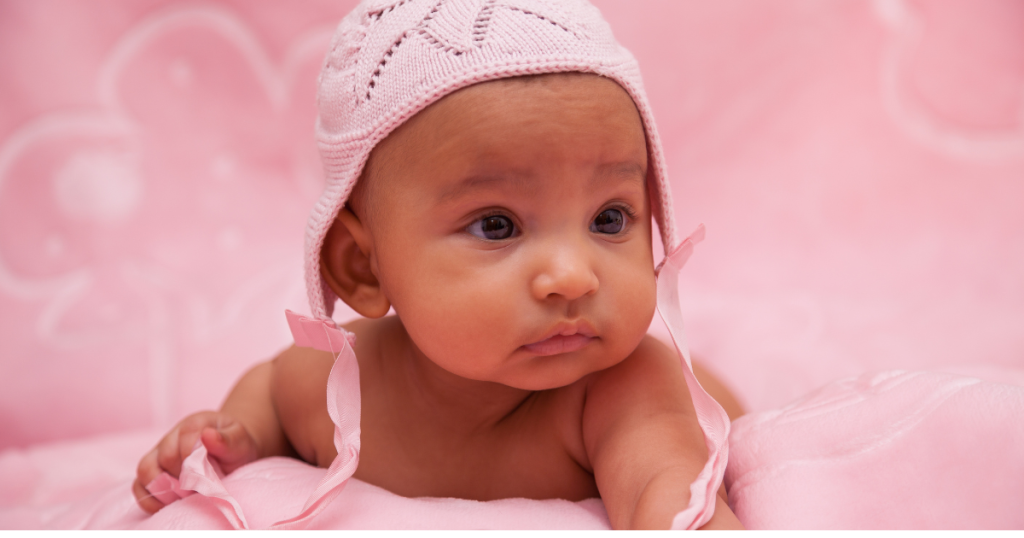
Her mama delights in her little one’s perfection, too, “booping” and chewing and kissing on every roll and digit. She may be swearing to herself that sunscreen will be an everyday commitment, but only because she is protective…
…and she wants to honor the perfection of this magnificent little creature.
Babies love their bodies. They come into this world instinctively recognizing and loving all that is good. There is no judgment. Just recognition, learning, loving, delighting.
We casually talk of babies and elders being “so close to God,” but do we ever contemplate why we say that? What is it that we are quietly aspiring to by acknowledging their natural content with themselves and their unfettered engagement with all that is pure, good, even holy?
Perhaps we recognize what they inherently know — that we are spiritual beings sent to this life in physical bodies, not the other way around.
Perhaps we recognize in them a connection that became severed for us as we broke from the cocoon of innocence.
And, perhaps we recognize the simplicity that makes life so much more meaningful and enjoyable.
And perhaps we feel a bit jealous as we long for the self-acceptance we once had. (That is, until we started believing “the world” had answers we didn’t.)
We “see” in these tiny, flexible, chewable, silky soft miracles what and how we once were.
It’s one of life’s many ironies that we evolve at the cost of our innocence. In our freshness from the womb, we don’t realize our innocence, our magic, for what it is because we are too busy living it.
And we don’t have the developed consciousness to assess and attach value to it. (Life experience will begin to forge those attachments soon enough.)
But someone has to feed and protect the Innocents. And so we emerge out of our own purity to take on the duality of this world, separating our physical and non-physical realities as we do.
And suddenly, because of that fracture, we look upon our physical selves with harsh judgment. We seek to improve body image as a way to feel what we always felt before “The Big Break.”
We seek to control and “fix” what is visible, tangible, and corporal in an effort to remedy the invisible, intangible, and spiritual.
And, we seek to sanctify what is already sanctified by shaming and torturing the only vehicle we have for sharing that innate sanctity.
And the result is tragic.
No one is born with negative body image.
When was the last time you took delight in your one-and-only body, in all its splendor? (Maybe — or maybe not — in the form of belly button-playing or toe-sucking.)
Keep in mind that you weren’t born feeling ashamed of your body. You learned that shame. (The International Journal of Eating Disorders reports that, by age 5, half of all girls have internalized the thin ideal. Age 5! )
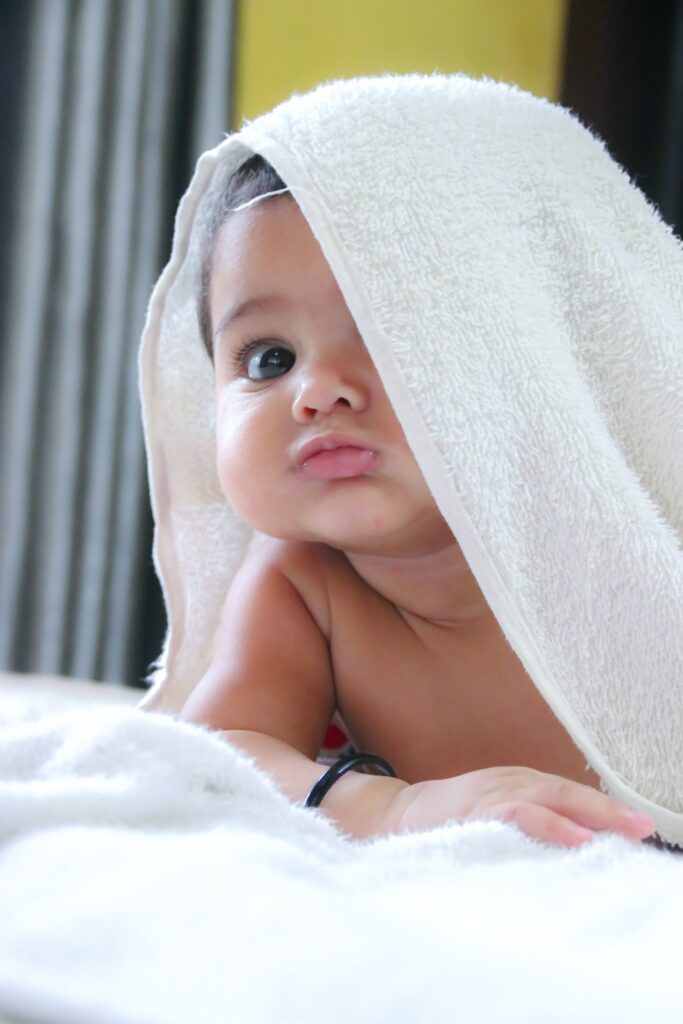
The relationship we have with our bodies becomes complicated as we age. And the muddling begins early and more often than not yields worsening body image.
How and why?
Christy Harrison‘s explanation of Diet Culture captures it well as a system of beliefs that
- equates thinness to health and moral virtue
- promotes weight loss as a means of attaining higher status and
- demonizes certain ways of eating while elevating others
Diet Culture is sexist, racist, and classist. And yet, this way of thinking about food and bodies is so embedded in society that it’s hard to recognize. It masquerades as health, wellness, and fitness and can be all-consuming.
We’re sold the idea that poor body image can be resolved by “looking better,” ie dieting and shrinking the body.
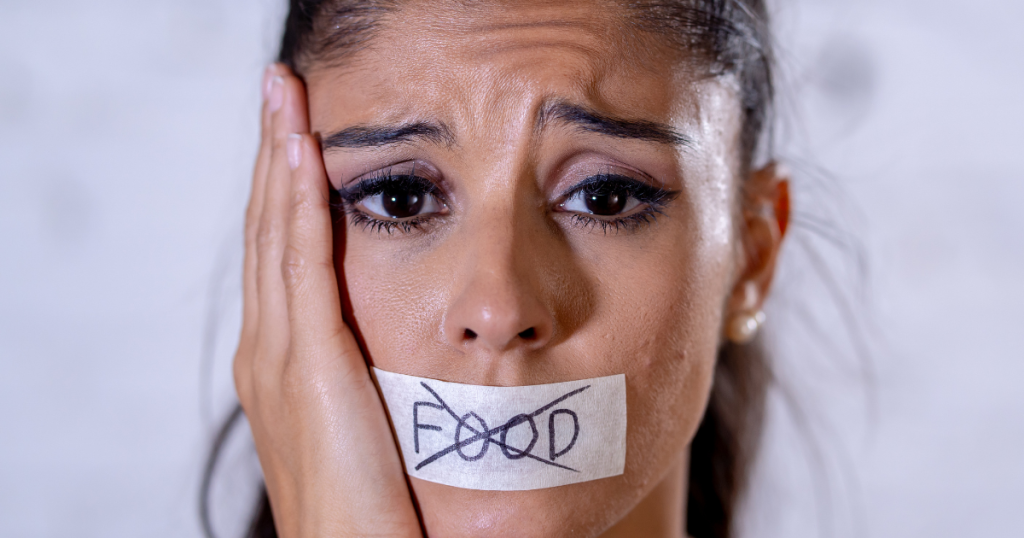
So, voila! Fixed? Problem solved? Body image resolved?
No. Unequivocally, not-even-a-question…NO!
Your body is about so much more than appearance. And your relationship with your body is far more complex than mere appearance.
Your body isn’t broken.
Your body isn’t a problem.
And your body doesn’t need to be fixed.
Focusing attention on appearance and size causes us to lose our own power. And it scapegoats our bodies.
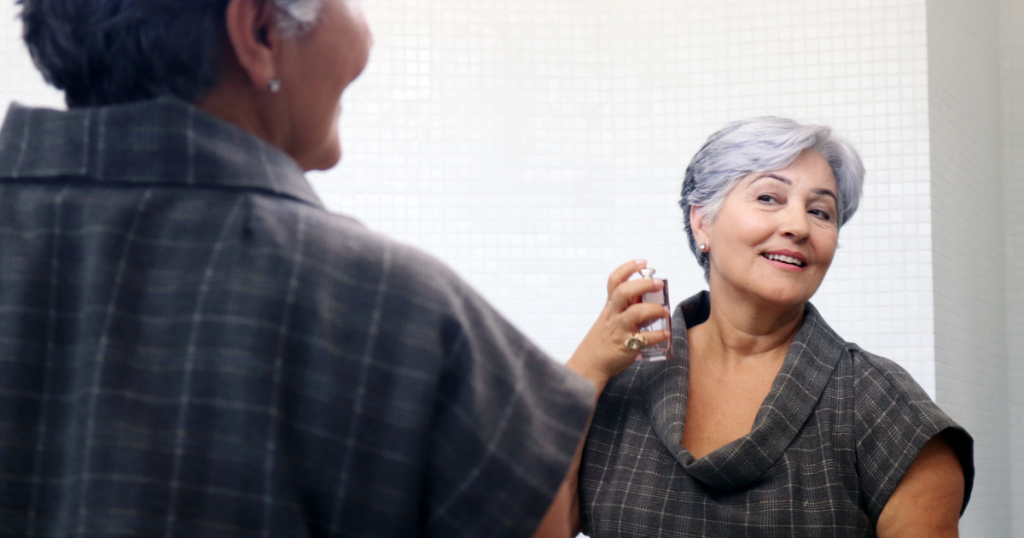
Your body’s appearance is not what needs to change.
You are so much more than a body or the clothing and makeup you wear.
You diminish self-worth and oversimplify your sense of self when you focus on appearance.
So how can you improve body image?
To unpack body-dislike and shame, we need to understand their origins. Remember the two words mentioned above?
Diet Culture.
As author and activist Lindo Bacon explains, you’re programmed to believe a culturally created belief as TRUTH.
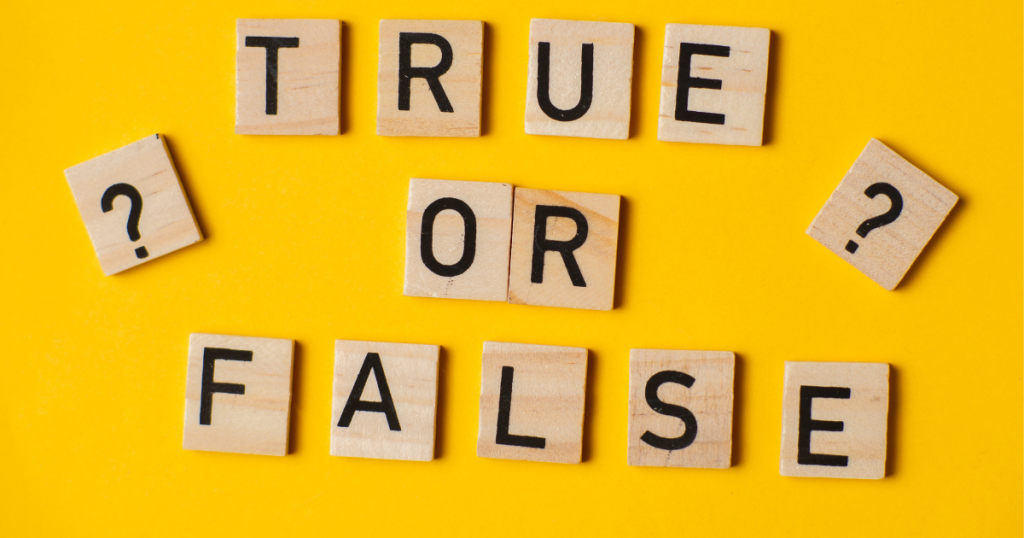
The belief is that you must attain a “perfect” (thin) body type at any cost. And then you will be attractive and able to enjoy all the attached benefits.
This message is like molecules in the air we breathe. We don’t recognize just how ubiquitous the air around us is because we’re in it.
Diet Culture keeps you battling with the size and shape of your body and constantly — both consciously and unconsciously — trying to improve body image.
The result? An ongoing war…with yourself.
And one you ultimately will never win.
Sure, small amounts of weight loss may lead you to think you’ve won. But even those battles are lost. Dieting is unsustainable long-term.
Some people will temporarily lose weight on a diet but almost all will regain the weight—plus a few extra pounds— long-term.
Sustained weight loss is very rare. Somewhere between 95-98% of dieters will regain the weight they lost — and often more — within 5 years.
Research studies consistently indicate that dieting does not lead to meaningful, long-term, sustainable weight loss. That goes for every shiny, “new” (i.e. repackaged, remarketed) diet, as well.
The most consistent, predictable outcome of dieting is weight gain.
This is because diets don’t work, not because you aren’t doing the diet correctly.
You will end up feeling worse about yourself because you were led to believe you “failed” the diet.
In reality, what happened is biological, and survival-oriented hard-wiring prevailed.
Diets are a setup for failure. They drop the burden of success onto you by convincing you they are about willpower and improving body image.
And, while you are wallowing in your sense of failure? Your “diet” is sneaking out the back door, laughing unapologetically on its way to the bank and its next victim.
Diets fail you. You don’t fail them.
Why do people keep dieting if it doesn’t work?
Again, two words: Diet Culture.
How can you get back to respecting and appreciating the body you’re in?
Is it possible to improve body image, especially in Diet Culture?
Yes! Try these ideas:
- Separate wellness from size and weight.
- Celebrate body size and shape diversity as part of the human experience.
- Watch this video to see what Amy Pence Brown did.
- Find compassion for your body and every body, regardless of body size, ability, shape, gender, or age.
- Choose to see bodies of all sizes, ages, shapes, abilities differently than Diet Culture dictates.
- Honor aging as a privilege and size- and shape-diversity as fascinating and good.
- Practice gratitude for your one and only body, as it is today.
- Derive self-worth from other sources, beyond appearance.
- Recall that your identity is more than how you look and more than “just” your body.
- Meditate on how appreciating your body will give you YOU back. Being whole is your birthright, so appreciating your body — literally expressing gratitude for it — will bring you full circle.
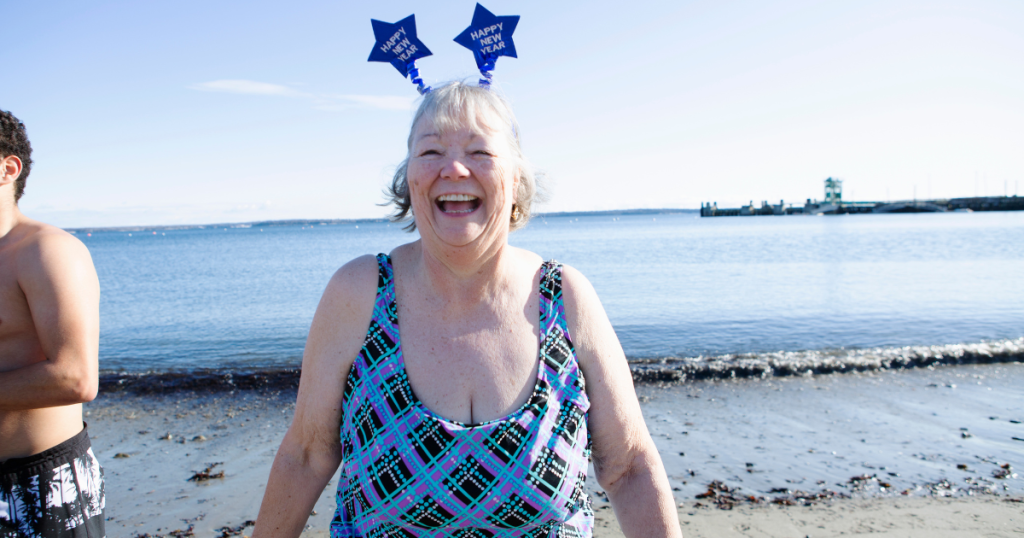
Going against cultural messages takes time and practice. It is not “one and done.” But it does get easier with time.
External appearance changes no matter how many diets, programs, potions, or procedures you try.
Yet, sadly, body image tends not to improve. Disentangling self-worth from appearance is tough, especially with Diet Culture’s messaging about body size and shape.
You can choose to focus on feeling good from the inside out. This is a complete 180 from what Diet Culture teaches (ie “perfect the outside to feel OK on the inside”). Cultivate your beauty naturally, inside and out.
Someone who unlearns body shame and instead recognizes her own inner and outer magnificence is truly beautiful.
Isn’t this what you want to teach that wiggly, giggly, toe-sucking bundle of joy gazing up at you for affirmation?
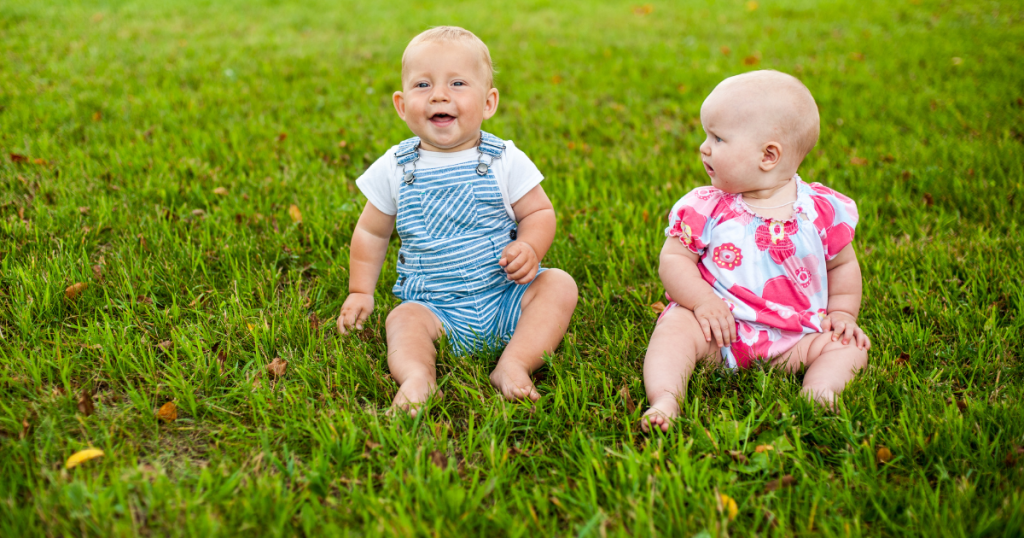
And isn’t it the same message you wish you could go back and deliver to that same bundle of joy you once were…and really…still are?
Dr Elayne Daniels is a clinical psychologist, international coach, and consultant in private practice, specializing in body image, eating disorders, and High Sensitivity. Her passion is helping people feel comfortable in the glorious bodies they have. Contact her here for more information.
To read more about Body Image, check out some blog articles.






